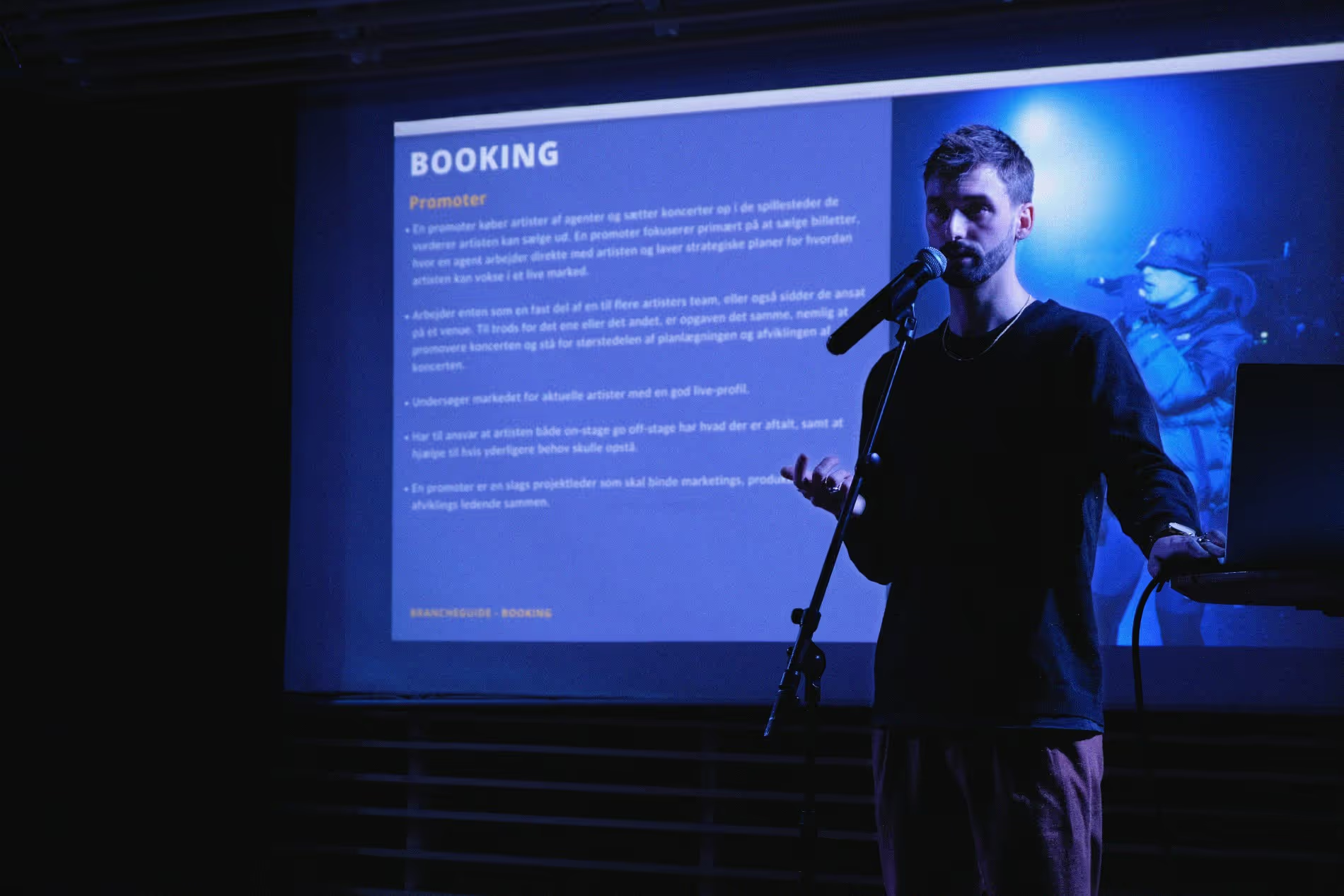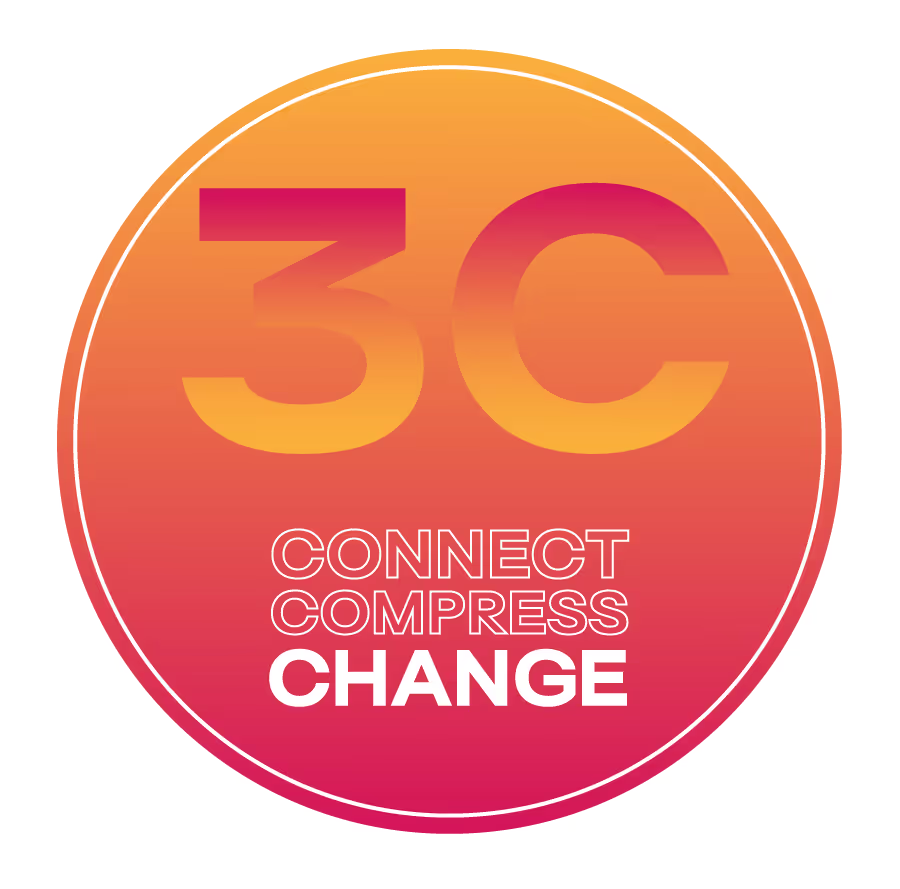3C - CONNECT//COMPRESS//CHANGE

[.lightbox] ABOUT THE PROJECT [.lightbox]
[.lightbox]The music industry has a significant gender imbalance, particularly in the field of music production, which is predominantly male-dominated. A 2020 U.S. study found that among 198 producers credited on the Hot100 year-end chart, 98% were men, and only 2% were women. Over a six-year period, the ratio remained largely unchanged, with 38 men for every female producer. Gender minorities were so underrepresented that finding statistics on them was challenging. In the study,n one of the artists on the Hot100 identified as non-binary or gender non-conforming.[.lightbox]
[.lightbox]The Nordic countries reflect a similar pattern, which we aim to challenge. Representation matters, and young girls, non-binary, and transgender individuals currently lack role models in music production. Therefore, Rapolitics, in collaboration with[.lightbox] [.white] Fryshuset [.white] [.lightbox] in Sweden and [.lightbox] [.white] JMN [.white] [.lightbox] in Norway launched the project 3C (Connect//Compress/Change). The project is supported by [.lightbox] [.white] EU [.white] [.lightbox] and [.lightbox] [.white] Nordic Culture Fund [.white] [.lightbox]. The project aims to increase the number of young women, non-binary, and transgender individuals in professional music production. From 2021 to 2023, the project implemented various activities across the three countries to strengthen gender minorities in music production and contribute to a more diverse and equal music industry in the Nordics. [.lightbox]
[.lightbox] ABOUT THE PROJECT [.lightbox]
[.lightbox]The music industry has a significant gender imbalance, particularly in the field of music production, which is predominantly male-dominated. A 2020 U.S. study found that among 198 producers credited on the Hot100 year-end chart, 98% were men, and only 2% were women. Over a six-year period, the ratio remained largely unchanged, with 38 men for every female producer. Gender minorities were so underrepresented that finding statistics on them was challenging. In the study,n one of the artists on the Hot100 identified as non-binary or gender non-conforming.[.lightbox]
[.lightbox]The Nordic countries reflect a similar pattern, which we aim to challenge. Representation matters, and young girls, non-binary, and transgender individuals currently lack role models in music production. Therefore, Rapolitics, in collaboration with[.lightbox] [.white] Fryshuset [.white] [.lightbox] in Sweden and [.lightbox] [.white] JMN [.white] [.lightbox] in Norway launched the project 3C (Connect//Compress/Change). The project is supported by [.lightbox] [.white] EU [.white] [.lightbox] and [.lightbox] [.white] Nordic Culture Fund [.white] [.lightbox]. The project aims to increase the number of young women, non-binary, and transgender individuals in professional music production. From 2021 to 2023, the project implemented various activities across the three countries to strengthen gender minorities in music production and contribute to a more diverse and equal music industry in the Nordics. [.lightbox]

“Now we're making our own music industry more equal and look forward to more girls and non-binary starting to claim their place as music producers.”
Ulrica Wallin, The Freezer
“Increasing equality and diversity in these roles is an important step for the entire industry. How can we reach new groups and create enthusiasm for music production? We look forward to sharing and learning more about it through the Nordic Partnership.
Sofie Sæther, JM Norway
“We at Rapolitics are super proud to be part of the movement that is underway right now, and see it as a huge strength to have Nordic cooperation with such competent and experienced organizations as JMN and Fryshuset.”
Nikoline Skaarup, Rapolitika

GOALS
More young women, non-binary, and transgender individuals have gained tools and access to work as music producers.
The perception of music production as a male-only field has significantly changed.
There is a stronger community and more platforms where women, non-binary, transgender individuals, and industry initiators feel supported.
More female, non-binary, and transgender music producers have gained visibility through presentations and showcases/concerts.

THAT'S WHAT WE'LL DO
To achieve these goals, we have held seminars, developed toolkits, and trained educators on fostering inclusive environments for marginalized music producers. Several networking events have been held across Scandinavia, ensuring sustainable industry change.
Mapping of education and communities
Music producer educational material (basic)
Tips for Becoming a Producer (Step by Step)





Support 3C is supported with a total of DKK 1.5 million from the EU's Erasmus+ programme and the Nordic Culture Fund


.avif)
.avif)